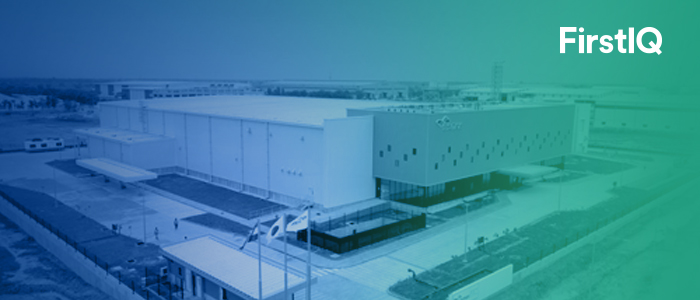Hyderabad Emerges as India’s CGT Powerhouse with Bharat Biotech’s $75M Investment

Hyderabad to become innovation hub for cell and gene therapy manufacturing with Bharat Biotech International Limited’s $75 million investment into advanced therapies.
- On March 2025, Bharat Biotech International Limited (BBIL), leading company in vaccine manufacturing, officially entered regenerative medicine space with the launch of India’s first vertically integrated cell and gene therapy unit along with viral vector manufacturing facility in Genome Valley, Hyderabad.
Located in the biotechnology corridor of Genome Valley, Hyderabad, the new 50,000-square-foot CGT facility signals major milestone for Indian biopharmaceutical industry. This opening of CGT facility underscores India’s growing importance as global biotech and pharmaceutical hub. This facility allows for seamless coordination across multiple CGT development stages, spanning from vector production to therapy development along with quality control, thus depicting whole value chain under single facility.
India’s Emerging Demand for Cell and Gene Therapies: Meeting Unmet Needs Through Scalable Innovation
India is witnessing a growing demand for CGT, driven by increasing prevalence of rare genetic disorders, hematologic malignancies and treatment-resistant cancers. Despite the potential of these treatments in curing such conditions, most Indian patients have limited access to such therapies, owing to factors such as high cost, absence of local manufacturing and lack of clinical infrastructure.
Bharat Biotech’s Timely Response to India’s CGT Gap
- Recognizing the scientific complexity of CGT, BBIL is charting India’s course in advanced therapeutic innovation
“CGT therapies are among the most complex innovations in healthcare, often involving intricate genetic engineering, specialized vector systems, and robust regulatory frameworks. BBIL is paving the way for India’s CGT landscape by building on its deep expertise in vaccine development and viral vector production.”
- Dr. Krishna Ella, Executive Chairman, BBIL
- Democratizing access to advanced treatments for India and low-income countries
“We’re bridging the gap between regenerative space and access to public health. Bharat Biotech is building an ecosystem where advanced therapies such as CGT, that were once prohibitively expensive will be accessible to patients in India and other low-income countries.”
- Dr. Raches Ella, Chief Development Officer at BBIL
- Driving global collaborations for AI-powered, next-generation CAR-T therapies
“Innovations in biomanufacturing for curative cell and gene therapies are emerging across the globe, and it’s exciting to see such momentum in India. Our collaboration with BBIL, will set global standards in scalable precision medicine industry, with focus on next-generation CAR-T therapies.”
- Prof. Krishanu Saha University of Wisconsin, Madison
Powering India’s Biotech Renaissance: Expansion to Ignite Jobs, Innovation, and Global Collaboration
From a macroeconomic perspective, BBIL’s investment in expected to catalyse India’s biotech ecosystem, by creating high-skilled jobs in areas such as processing, vector engineering, bioprocess development, and quality control. Hyderabad’s Genome Valley already contributes to widespread pharmaceutical and biopharmaceutical research and is likely to attract future investments in advanced treatment segment.
Thus, as the clinical need for CGT therapies in India surges, the availability of indigenous, affordable, and scalable solutions will be key in unlocking the future impact. BBIL foray into regenerative segment not only bridges India’s scientific and infrastructural gaps, but also directs a path for inclusive precision healthcare, ensuring breakthrough treatments accessibility to meet the needs of chronic conditions.





